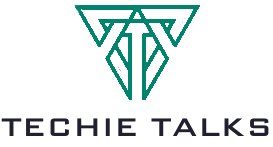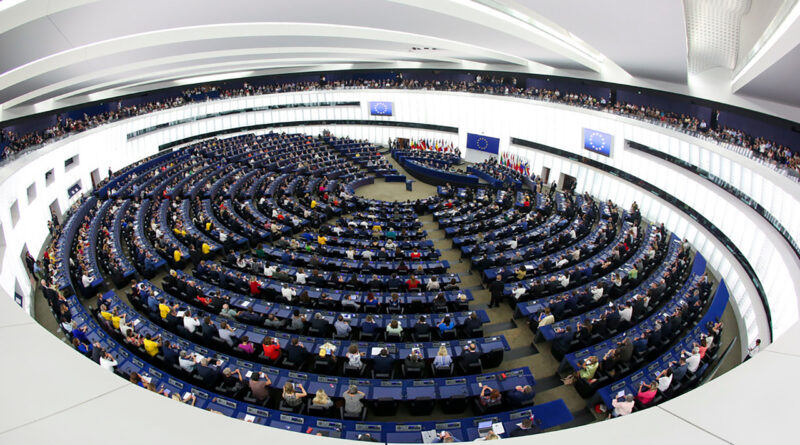AI Act UK: Mixed Reactions as EU Approves Controversial Legislation
Today, the European Parliament approved the AI Act UK. This is the first-ever regulatory framework that governs the use of Artificial intelligence. This legislation was passed by a large majority (523 in favor, 46 against, and 49 abstentions).
Brando Benifei said, “This is a historic day”. He was the co-lead for the AI Act UK. The world’s first AI regulation outlines a path to safe, human-centric AI development.
AI Act UK categorizes AI systems into four categories based on the potential risks they pose to society. Before being permitted on the EU’s market, high-risk applications such as self-driving vehicles will have to meet strict criteria. Low-risk systems are subject to fewer requirements.
Benifei said, “The key now is compliance and implementation by businesses and institutions.” We are working to develop further AI legislation in the workplace.
Dragos Tudorache, his Romanian counterpart, stated that the EU wants to spread these rules worldwide. We must be willing to work with other parties to create a governance system.
General AI regulations will come into effect on May 20, 2025. High-risk AI systems are subject to obligations after three years. National oversight agencies will monitor compliance.
Differing viewpoints on the impact:
Diversity of sentiments is associated with the Act because, on one hand, some people were against it, and on the other, some people were in favor of it.
Curtis Wilson one with the thought that guidelines will be found to satisfy the public. “This regulation helps to: 1. Discourage programmers who do not follow the rules and 2. Make customers more secure to use the AI products.” These will both the programmer and customers if all use these provisions.
Mher Hakobyan from Amnesty International criticized the law advocating the use of technology in the industry rather than the protection of people’s rights. Sadly, the EU is not ready to put citizens’ safety and welfare first but rather the interest of the law and law enforcement agencies and the industry. On the other hand, it will fuel abuses against property rights and order because it is not transparent and accountable.
Today, businesses redefine the things they do to conform.
Marcus Evans, a data privacy attorney, stated: “In the meantime, businesses need to foster and be subject to strong artificial intelligence governance to ensure compliance and higher productivity from AI.” They need to forge ahead with the preparation for the new rules lest they find themselves caught up in a new world where they are obliged to comply with all the rules without lagging.
DRAI has been developed over a long time by experts. It is a message from the EU to demonstrate the leadership of regulators in a particular area of growing technology. The opposing views indicate that building a perfect equilibrium has remained problematic.

